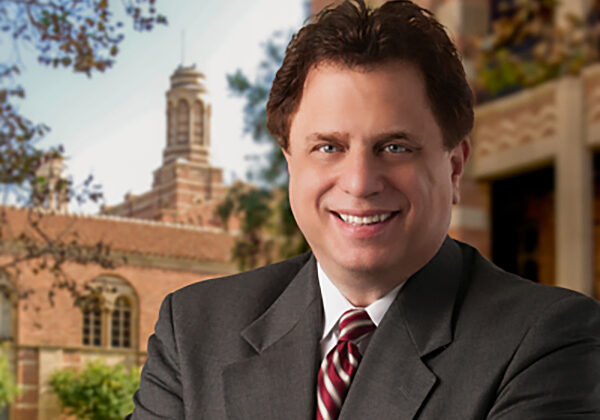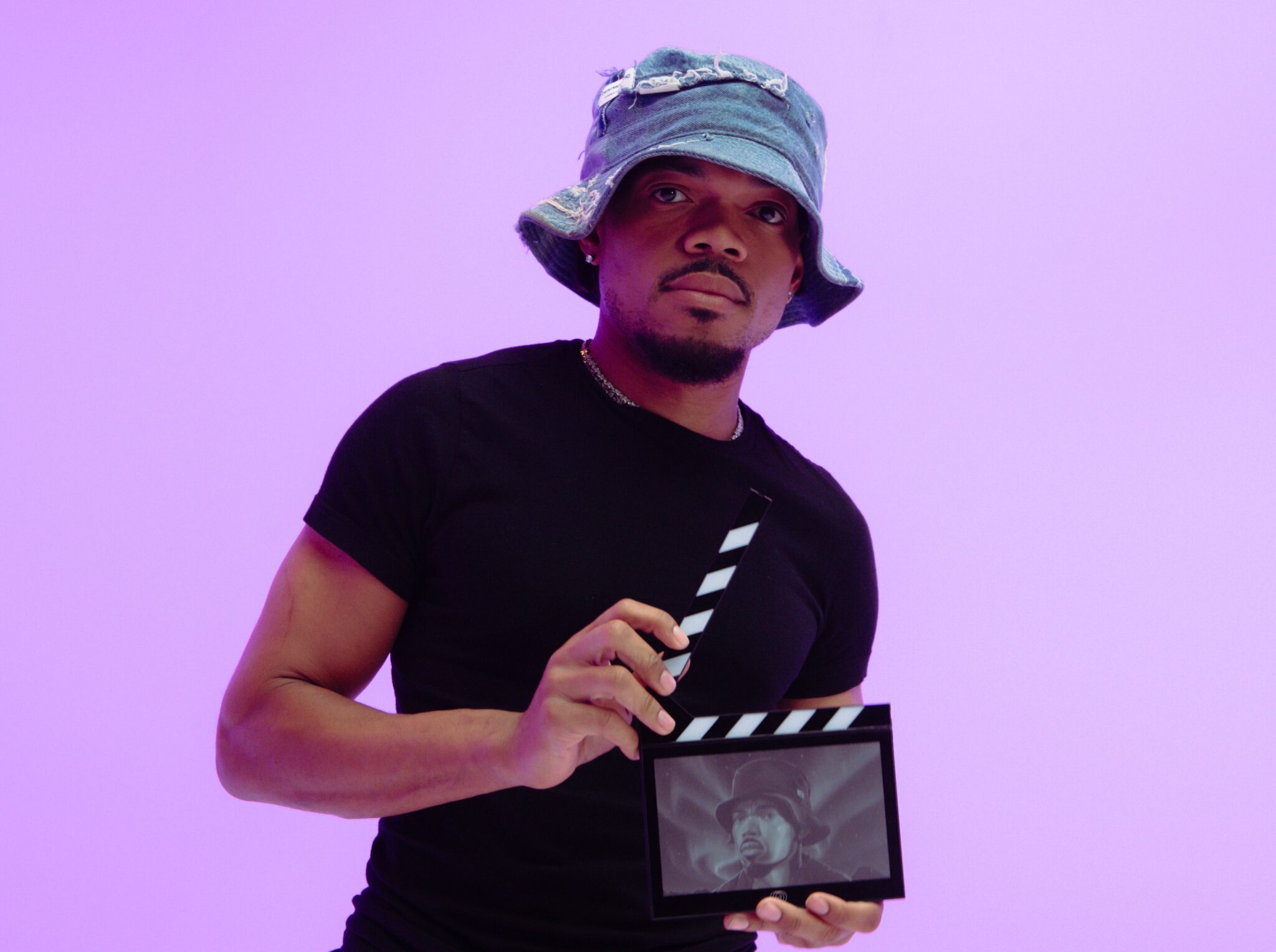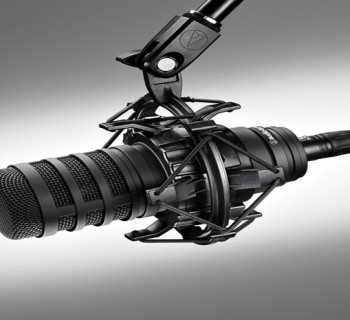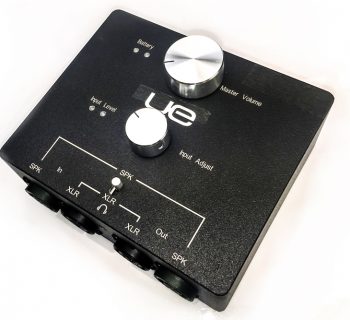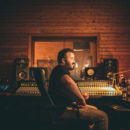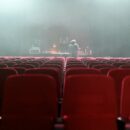A copyright infringement lawsuit against Columbian superstar Karol G and famous Dutch DJ and producer Tiesto was recently dismissed. The plaintiff asserted that the 2021 Karol G song “Don’t Be Shy” was substantially similar and infringed on his 1998 song “Algo Diferente.”
The plaintiff was Cuban American songwriter Rene Lorente, who alleged that the two compositions shared elements such as rhythm, melody, structure, and harmony; but these elements shared between two songs does not mean you automatically win a copyright case. To win a copyright infringement case, the plaintiff must prove access and that substantial similarities are not coincidental or because of common musical elements.
The federal district court judge in Florida did a technical analysis of the two songs and decided to dismiss the case indicating there was insufficient evidence of access and copying, two crucial elements in a copyright infringement case. The Court ruled that there was no evidence that the Defendants had prior knowledge of Lorente’s composition.
In a copyright infringement lawsuit, the plaintiff has the burden of proving (amongst other things) access and copying. Proving access refers to the plaintiff having access to the material that was allegedly copied. In this case, the plaintiff’s obscure song was not widely distributed or known. The plaintiff’s song had only 3000 shares on Spotify and 670 views on YouTube.
The Judge also reviewed a report by the plaintiff’s musicologist and held that he was not qualified. The Judge ruled that the “expert” did not have basic musicological knowledge, such as the “circle of fifths” as well as the ability to identify chords and key signatures in both compositions.
Copyright cases often become a battle of experts. In this particular case, the Plaintiff chose a former A&R executive at Capitol Records as his expert. It was an unusual choice to use a music business executive as a music expert. More commonly, an expert in this type of case would be, for instance, a professor of musicology at a prestigious university. Choosing the right expert is critical in copyright infringement cases.
The plaintiff’s attorney, James Sammataro, stated:
“One of the frustrating things we kept hearing from the plaintiff was that our clients stole his life’s work, his so-called legacy, but there was no evidence that they ever heard the song.”
The Judge’s ruling in this case demonstrates that that there are limits to copyright protection of musical compositions. For instance, songs often share similar or the same chord progressions, basic harmonies, and rhythms, but this in and of itself, does not prove plagiarism. It is the way these elements are utilized that matters in determining originality.
This case and others may indicate a trend toward requiring stronger evidence to prevail in a music copyright infringement case.
GLENN LITWAK is a veteran entertainment attorney based in Santa Monica, CA. He has represented platinum selling recording artists, GRAMMY-winning music producers, hit songwriters, management and production companies, music publishers and independent record labels. Litwak is also a frequent speaker at music industry conferences around the country, such as South by Southwest and the Billboard Music in Film and TV Conference. Litwak has been selected as a “Super Lawyer” by Super Lawyer magazine for 2022-2025. Email Litwak at gtllaw59@gmail.com or visit glennlitwak.com.
This article is a very brief overview of the subject matter and does not constitute legal advice.

